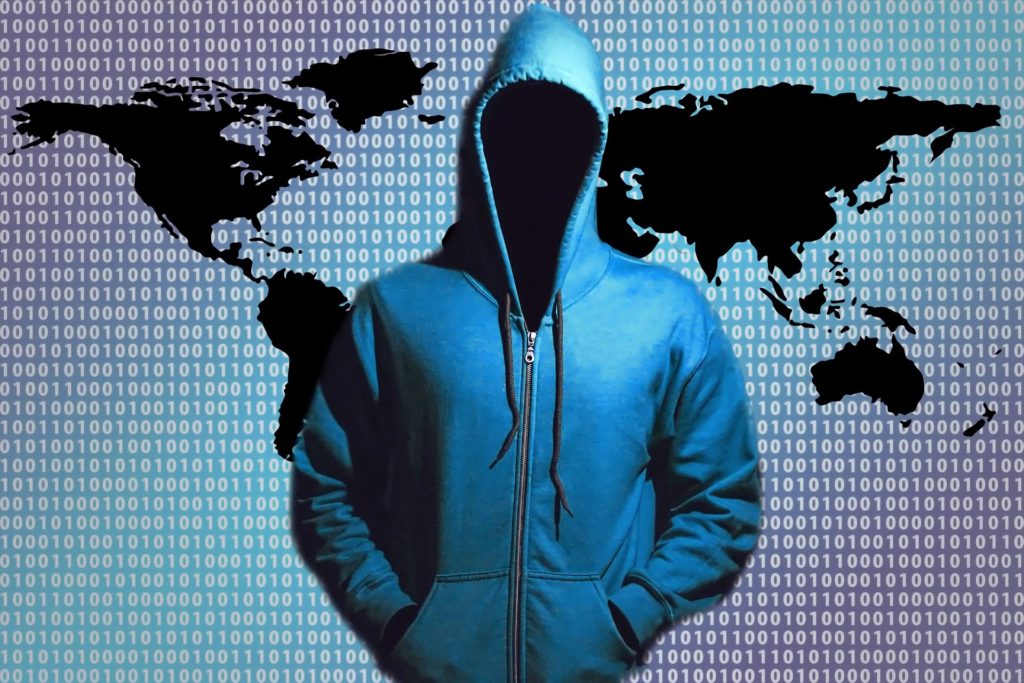Looking Back at 2019 Data Breaches

Data loss is a major problem for any business. It has become a very real problem for these businesses this year. Find out more by visiting our blog.
Would One of These Social Media Scams Bamboozle You?

Social media can be a great business tool, but many scams can also utilize it. Read our blog to learn more.
USB Killer Caused $58,000 in Damage to The College of Saint Rose

The College of Saint Rose recently fell victim to an attack. Learn how to protect your resources by visiting our blog.
Build a Comprehensive Bring Your Own Device Policy

BYOD can be great for a business, but it can also be a security nightmare. We’ve reviewed a few policies to mitigate BYOD’s security concerns in our blog.
Privacy Concerns Hang Over Social Media

Social Media has changed the face of computing, but what is the cost to users in terms of privacy?








